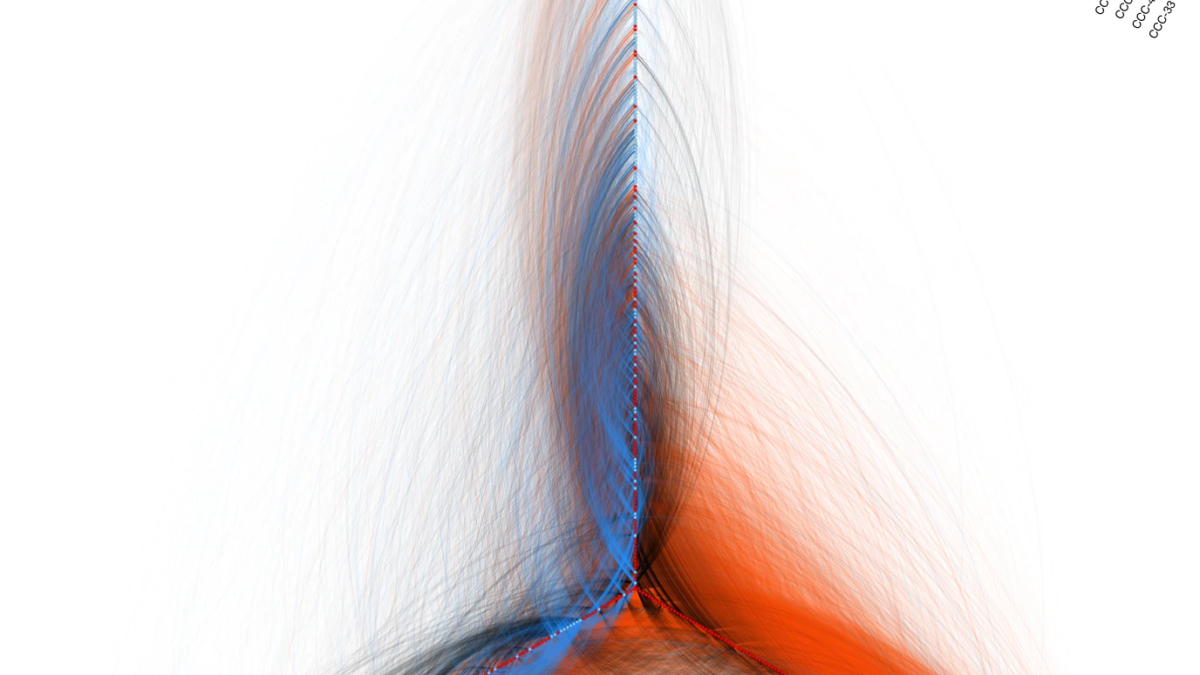From Algeria to Hong Kong, 2019 was a year of anti-establishment rage – “What unites the protests is that all are responding to a sense of exclusion, pessimism about the future, and a feeling of having lost control to unaccountable elites”
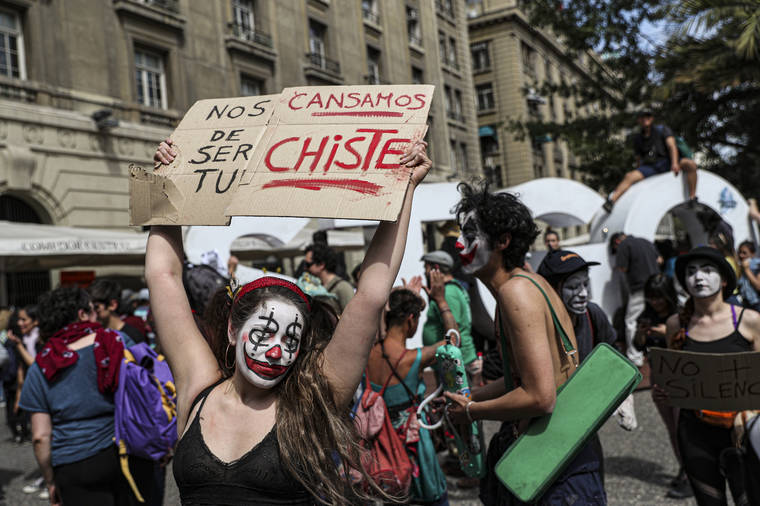
5 December 2019 (AFP) – Angry citizens have swelled the streets of cities across the globe this year, pushing back against a disparate range of policies but often expressing a common grievance — the establishment’s failure to heed their demands for a more equitable future.
While street protests are nothing new, experts say the intense 2019 flare-ups reflect a growing sentiment that the social contract between governments and citizens has broken down, with voters paying the price but unable to affect meaningful change.
“What unites the protests is that all are responding to a sense of exclusion, pessimism about the future, and a feeling of having lost control to unaccountable elites,” said Jake Werner, a historian at the University of Chicago.
The financial crisis of 2007-08 in particular, he said, exposed systemic failings and induced years of austerity and insecurity for millions of people.
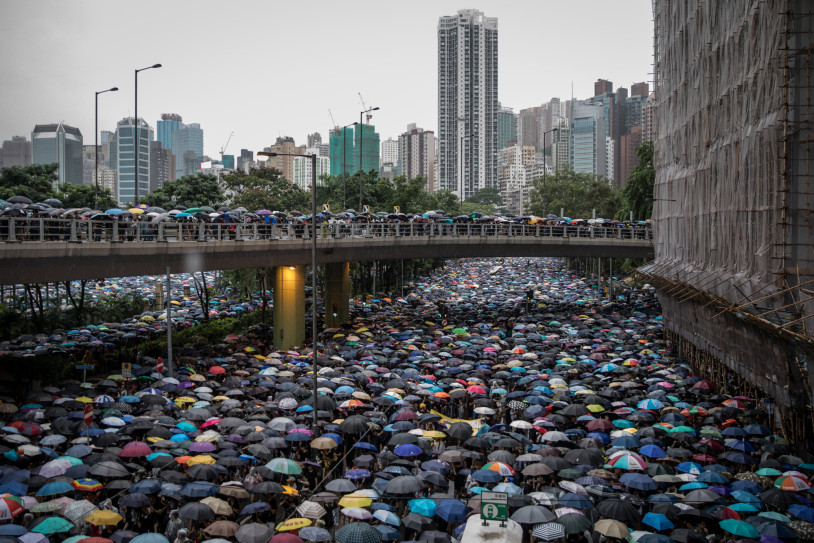
It also produced an acute sense of unfairness, in particular among young people who see their prospects of earning a decent living slipping away with every price hike or benefit cut.
“What was previously experienced as proper or natural is now increasingly experienced as a form of domination and injustice,” Werner told AFP.
As a result, it often takes only a small move to spark a protest — in Chile it was a metro ticket increase, in Iran and France it was higher fuel costs — that balloons into a wider revolt demanding better living standards.
Elsewhere, like in Hong Kong and Algeria, calls for greater political freedom have become a potent rallying force.
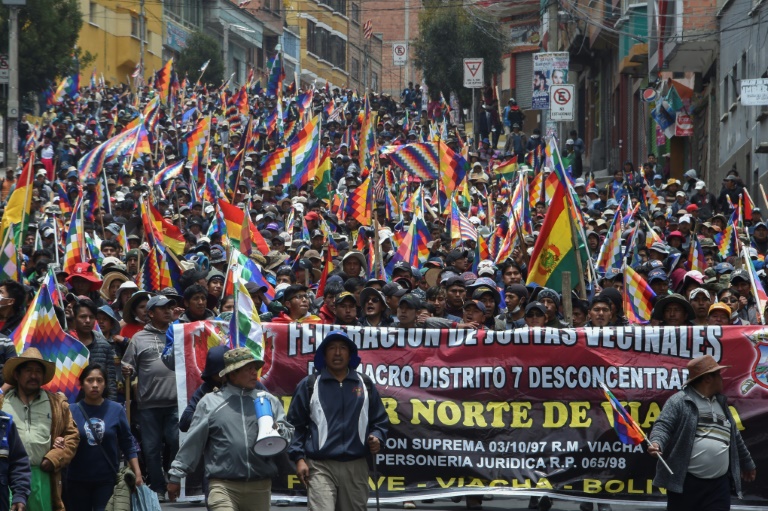
“The belief in democracy’s capacity to change people’s lives is undoubtedly eroding,” said Erik Neveu, a sociologist at the Sciences Po political science university in Rennes, western France.
For Olivier Fillieule, a specialist in social movements at the University of Lausanne in Switzerland, this year’s protests built on the same dynamics which produced movements as diverse as Occupy Wall Street, the Arab Spring, or the Russian opposition to President Vladimir Putin.
“Don’t forget that TIME magazine named ‘the Protester’ its person of the year in 2011,” Fillieule said.
“The rejection of neo-liberalism is the main driver of most of these movements,” he said, noting that “the state’s abdication of some of its responsibilities leaves people alone against the market.” […]
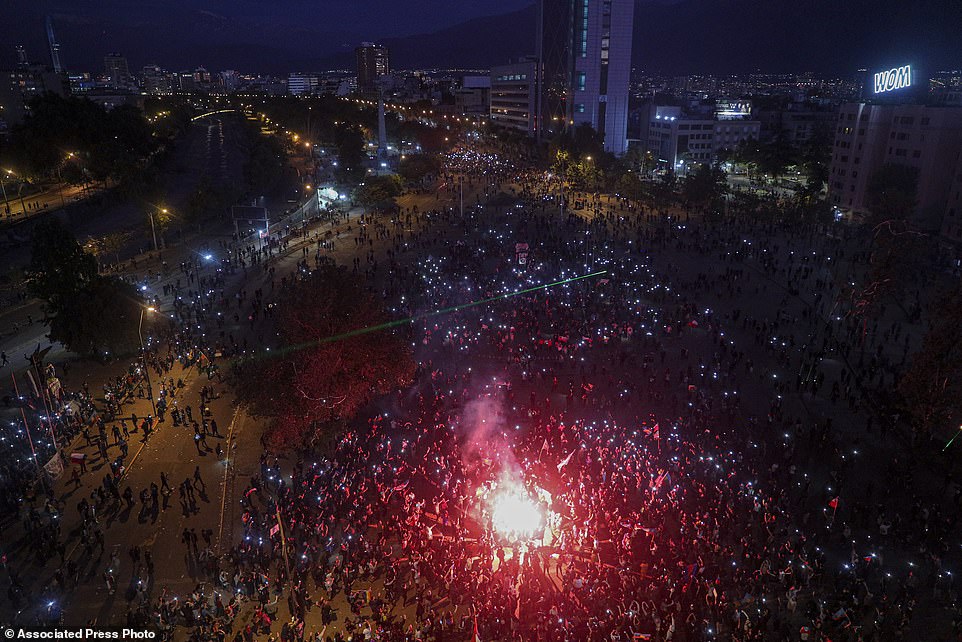
“It is clear that protests and other forms of movement activity have been very much on the rise in recent years, and perhaps this year in particular,” said Doug McAdam, a sociologist at Stanford University in California. […]
“This demand of dignity is central in the movement since 2011,” Fillieule said. […]
“It’s not that the nature of authority changed — elites are just as unaccountable today as they were ten years ago,” Werner said.
“What changed is that elite unaccountability has been exposed, because popular forces are no longer aligned with elites as they once were.” [more]
From Algeria to Hong Kong, a year of anti-establishment rage


